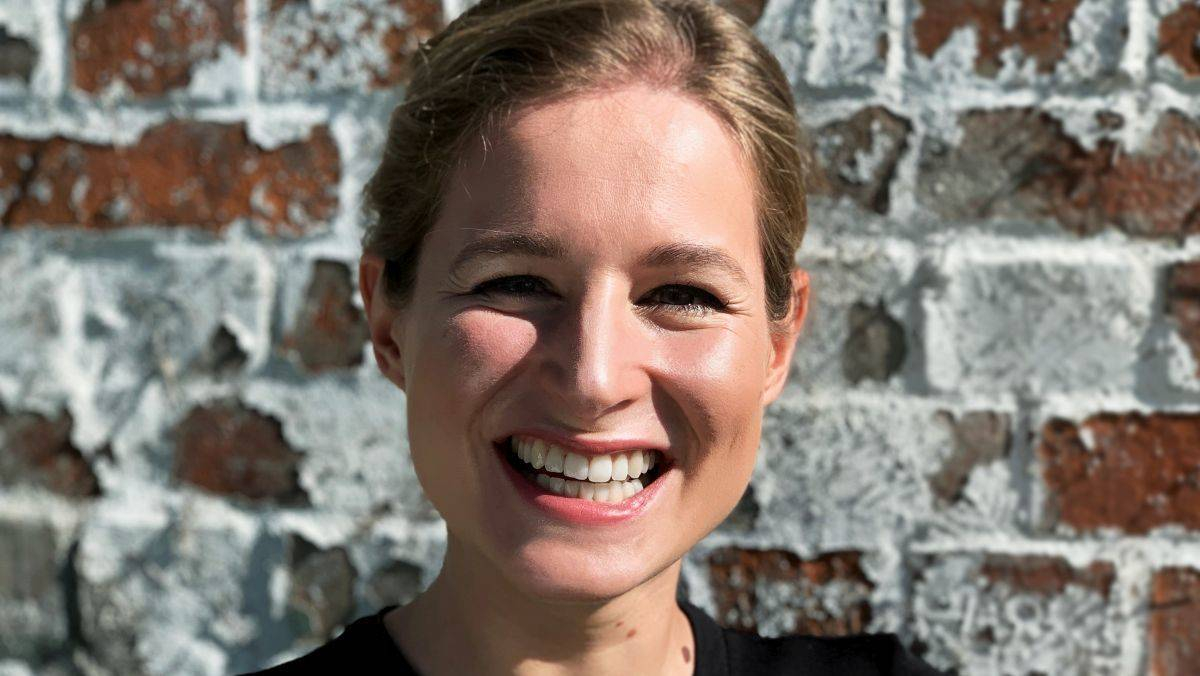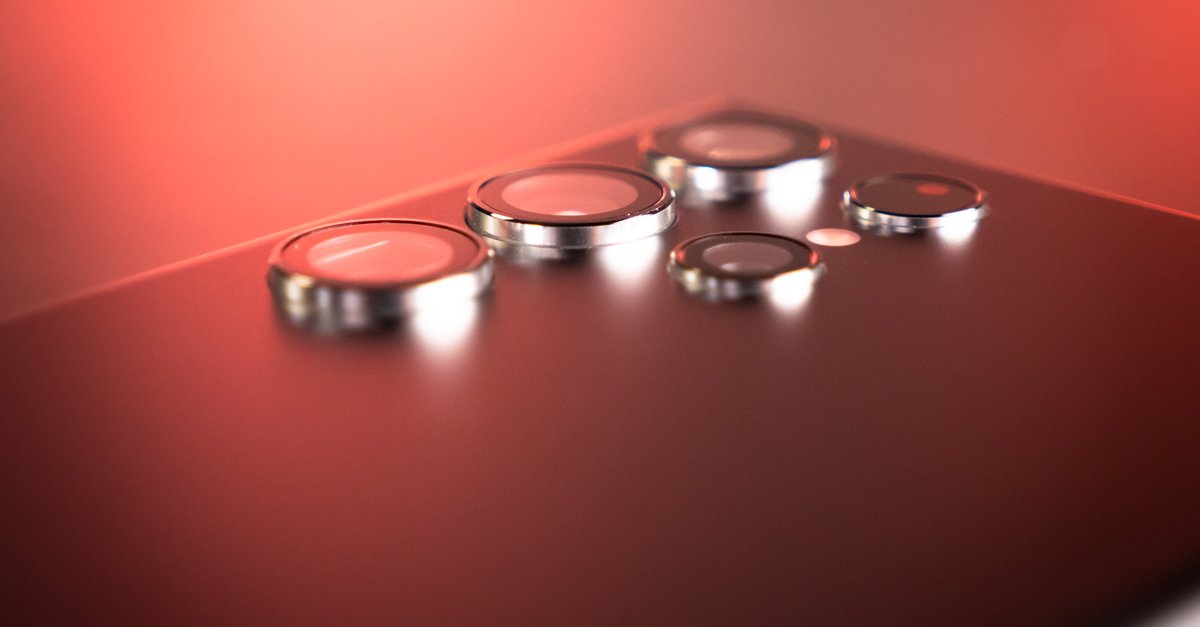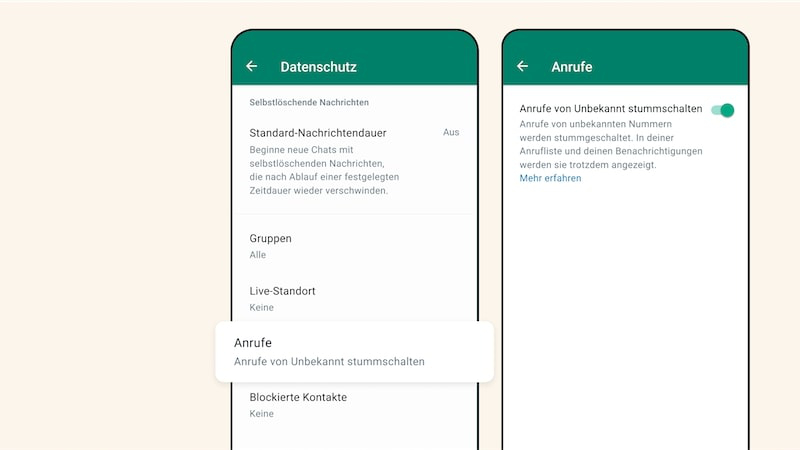Can you be reached after work? 7 people tell how they manage it
Some are always available after work, others communicate clear rules. Seven people tell how they see it. Who do you most agree with?
The boundaries between work and private life are becoming more and more blurred. Digitization also means that we are all “always on”. The demand for a right not to be reached is therefore debated at EU level. And as expected, opinions differ on this topic: We have our t3n readers asked on Twitter how they do it. While availability is part of the service for some, others rely on office hours. Seven people gave us an insight into their personal handling.
Contents
“Some things slipped through me”
From Pia Sternberg
I cannot be reached after work. For me, there are also solid reasons for this. I’ve been working in a full remote agency for ten months and for the first time my laptop and phone didn’t stay in the office, but laughed at me from the sofa. I couldn’t resist and “just” checked notifications in the evening. The result: I slipped a few things that I would normally have turned into tasks directly via Asana. And it also stressed me out, because you could always interact somehow in asynchronous teams. I want to use my time and energy sustainably. For that I personally have to be able to switch off in the evenings, on weekends and on vacation. And I know that I can do that with a clear conscience in my setting. If something is urgent and important, I can be reached via social media – but it has never happened before. There are many people who would be stressed out not being available after work, and some who, for example, have a very high responsibility as founders. I think that everyone has to decide for themselves.
“Accessibility is part of the service”
By Rico-Thore Kauert
Accessibility in the evening depends heavily on the industry or the current situation in life. I am currently taking on the care work for the child for a few months until the daycare starts. I can only work for an hour at noon and then again after 8 p.m. anyway. So, at the moment, emails around 10 p.m. are the norm. My job as a freelance PR consultant also means that journalists also report in the evening, and then availability is part of the service. As a self-employed person, I can drive to the lake for two hours in the afternoons. To be honest, most customers are fair and only call late when there is crisis communication. I also differentiate between accessibility by e-mail and by phone. So I have no problem answering a short e-mail at night so that someone can continue working with it in the morning. Telephone calls with toddlers are difficult in the late evening anyway. But I think it’s completely okay if other people are more strict and especially with employees it is right and important that after work also means end of work.
“I rarely call myself”
Maximilian van Poele
As a consultant, I often stick to the label “workaholic”, which I consciously oppose. Not because I don’t work a lot, but because I want to distance myself from the heroization of the allnighter culture and constant availability. I don’t believe that a lot helps a lot per se. Employees need breaks in order to be able to deliver excellent work, just as competitive athletes need regeneration. Accordingly, I am happy that my employer has clear principles regarding the rare cases in which the end of the working day can be disrupted. We apply the principle of the Eisenhower matrix: only something that is important and urgent is discussed immediately – if in doubt, even after work. What is important but not urgent can always wait until the next day. And even what is urgent but not important can usually also wait until the next morning. Accordingly, I rarely receive calls after work – and I rarely call myself. Because the principle sensitizes you to what is really important: to be careful with your own breaks and those of others.
“I carry my work around with me”
From Isabel Prophet
My view of the topic of availability after work has changed. In the first few weeks after returning to work after parental leave, I still thought I had to show flexibility, be available, make things possible. But why actually? I played a game that burdens everyone involved equally – with no additional benefit. Today my availability ends at 3:30 p.m., after eight hours of full working hours. Around 4 p.m. I walk to the daycare center. I’ve always had a strong preference for free time, but as a freelance journalist I also carry my work with me on the phone. It’s only since I’ve had a child that I’ve really seen the end of the day. I make exceptions for people who, objectively speaking, cannot do it earlier: I like to interview the general practitioner after 4 p.m., after all, she has to take care of her practice beforehand. Clients do not get such an exception. In the meantime, this has worked out – most of my colleagues think it’s good to know when I can be reached. And family life is better when both parents can say at 4 p.m.: Now we have time for each other!
“I also have an open ear outside of working hours”
Benjamin Rodgers is always available after work. (Photo: private)
By Benjamin Rodgers
As in real life, I am actually always available to everyone. The laptop is usually closed after eight hours, Slack is snoozed after work and emails are not received on my private devices, but when there is something exciting to do and my energy level is right, I always have an open ear outside of working hours and some brain ready for everyone. Anything that can be resolved spontaneously on the phone and that could help colleagues at that moment is no real extra effort for me. I can always give my own opinion on any topic, a gut feeling or professional advice, whether in the shower, in the club or on the tennis court. If the effort is then occasionally higher, it is usually a matter of spontaneous, time-critical projects that I really, really want to do. This kind of side hustle is always a small outbreak from the recurring daily tasks, so that I was very happy to be fully absorbed in it, especially in pandemic times, because in the end they also brought some variety and further development into everyday work.
“I think clear communication is important”
From Ina Steinbach
For me as a self-employed person, drawing boundaries between private and professional has always been particularly important. Recovery phases are essential for productivity and health. As an interim manager, I represent various professional groups, including press spokespersons. At some point, journalists wrote messages on my private number on Sundays because, unlike permanent employees, clients don’t give me a work phone. From then on, it was time for a business phone. I can and do that after work. Acute project phases are of course exceptions, there are always projects that require more fluid boundaries. I think that’s okay and make clear agreements with my customers. The pandemic has softened the boundaries a little, but I have noticed both with myself and with my customers that everyone is going back to more structure. What that looks like can be different for each person, depending on their phase of life and preferences. I only think that clear communication is important.
“Otherwise we can speak tomorrow!”
Christian Boelling
When I founded my agency in 2019, it was a big question for me how I should manage my availability. As an employed manager, I always tried not to annoy my team outside of working hours. But now I’m a service provider; in a field of work that becomes important when the going gets tough – namely the communications industry. Out of alleged customer orientation, I initially set it to “open fire” and read all the notifications. But what was fun at the beginning stole more and more energy from me. Anyone could burst into my concentration or relaxation at any time via notification. On an exhausted evening on our balcony, my wife and I looked for a solution, which we also found: Since then, all notifications have been off for me – except for SMS and phone. Customers deal with it very responsibly – without me ever having explicitly communicated them. Hardly any evening calls come from nowhere. If so, the question was, “Is it important? Otherwise we can speak tomorrow! ”Not a reason for termination for anyone.



